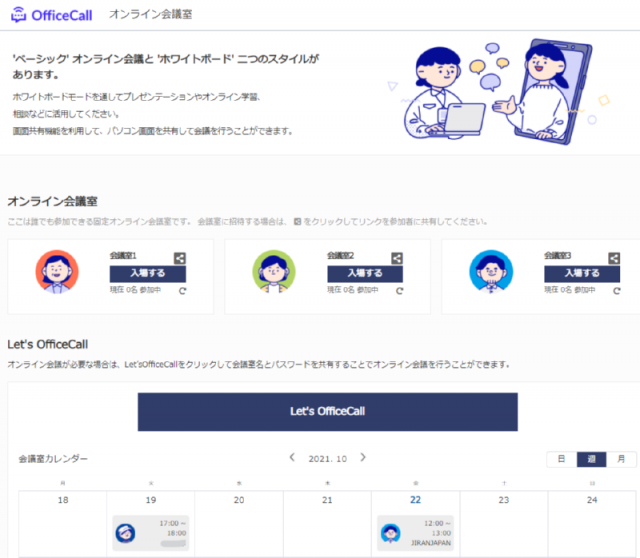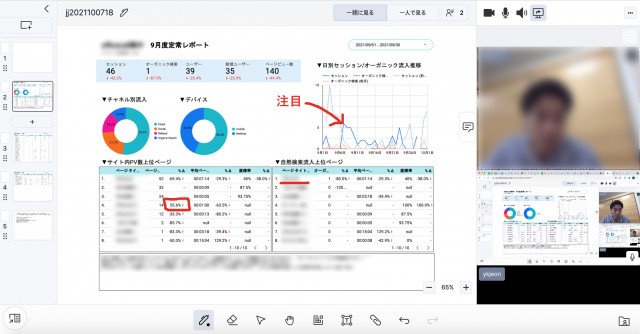9 Greatest Brain Mistakes You possibly can Easily Avoid
ページ情報
照会 355回
作成日: 23-10-07 05:11
본문
Experts at the University of Tokyo are combining machine learning with brain imaging tools to redefine the standard for diagnosing mental illnesses. Some ideas include memory card games to boost short-term memory, doing jigsaw puzzles to strengthen working memory, and learning something new to help enhance overall memory. These mechanisms are most relevant in contexts of help such as health or social services for the well-being of the person. There are only forty weeks from conception to independent life. People listen to music to manage their moods, to enhance a workout, to bond with other people and as a distraction from daily life. Even though he was initially hesitant to meet with me, he soon became excited for our music therapy sessions. Even if you do not want to work for 5-6 hours at a stretch, don't fret, divide your work on an hourly basis, but make sure to stick to that plan.
But chronic inflammation happens even when there isn’t an injury or illness. When we are hurt or sick, our immune system sends armies of white blood cells to fight off the injury or illness and repair damaged tissue. Omega-3s are crucial to mental health. EPA and DHA are the omega-3s most critical in mood disorders, so it’s particularly important to ensure that you get enough of them. The three main omega-3 fatty acids are alphalinolenic acid (ALA), eicosapentaenoic acid (EPA), and docosahexaenoic acid (DHA). Cold-water fatty fish such as salmon, mackerel, tuna, herring, and sardines, contain high amounts of omega-3s. Vitamin D and the omega-3 fatty acids control serotonin synthesis and action, part 2: relevance for ADHD, bipolar disorder, schizophrenia, and impulsive behavior. Vitamin C in citrus, cantaloupe, strawberries, broccoli, cauliflower, Brussels sprouts. Vitamin A in sweet potatoes, carrots, spinach, and black-eyed peas. Iron-rich foods. Shellfish, lean red meats and organ meats (in moderation), eggs, legumes, pumpkin seeds, broccoli, spinach, and dark chocolate (also in moderation). Zinc-rich foods. Seafood (especially cooked oysters), lean beef, and poultry, with lower amounts found in beans (chickpeas and lentils), nuts, and whole grains. Vitamins B1 and B6 in the foods in the B12 and folate section, as well as in soybeans and whole grains.
Many vitamins play key roles in preventing and easing depression. Card games rely on different types of playing cards to play. And it also affects your brain, increasing your chances of developing neurological issues, including depression, dementia, and Alzheimer's disease. Several case studies in which patients were treated with 125-300mg of magnesium have demonstrated rapid recovery from major depression, often in less than a week. Adapted from This Is Your Brain on Food: An Indispensable Guide to the Surprising Foods that Fight Depression, Anxiety, PTSD, OCD, Magic Mind Review ADHD, and More by Uma Naidoo, MD, Director of Nutritional and Lifestyle Psychiatry at Massachusetts General Hospital. This means they’re digested more slowly, your blood sugar is better regulated, and you therefore have a steady stream of energy so you can buckle down and focus. Can You Eat Tacos Every Day and Be Healthy? In fact, whole carbs are great for you and can definitely be filed under one of the "best foods for your brain." Whole grain breads and whole grain or brown rice pastas still have their fiber in tact. Oregano. Researchers have connected carvacrol, an active ingredient in oregano, with neuroprotective and antidepressant effects in animal studies, although to date, there are no such studies in humans.
Pair them with the antidepressant foods to double their mood-boosting effects. Omega-3- fortified foods on the market, especially eggs, milk, and yogurt. Magnesium-rich foods. Avocados, bananas, dried apricots, nuts and seeds, legumes, whole grains, and some omega- 3-rich fish (such as salmon and mackerel). Find B12 and folate in legumes, citrus fruits, bananas, avocados, leafy greens and crucifers, asparagus, beets, nuts, seeds, fish and shellfish. Find your Basal Metabolic Rate with a free online calculator. Find out more about them here. Grass-fed beef contains more omega-3s than conventional beef. With more blood flowing to the source of harm, we feel discomfort, swelling, redness, and heat. Studies found "the most important dietary link to Alzheimer’s Disease appears to be meat consumption, with eggs and high-fat dairy also contributing." Just like saturated fat clogs cardiovascular system, the blood vessels in our brain become clogged as well. Chronic inflammation leads to many serious conditions, from diabetes to heart disease. Electrodes are placed on the arms, legs and chest and measure the electrical impulses of the heart at rest.







